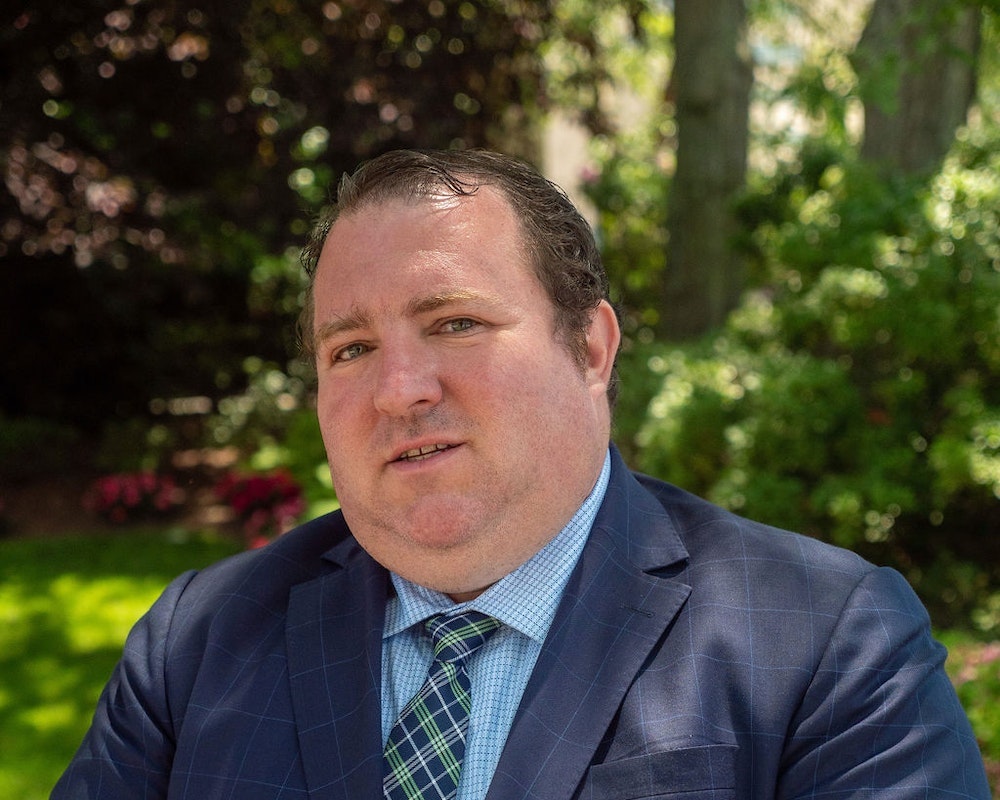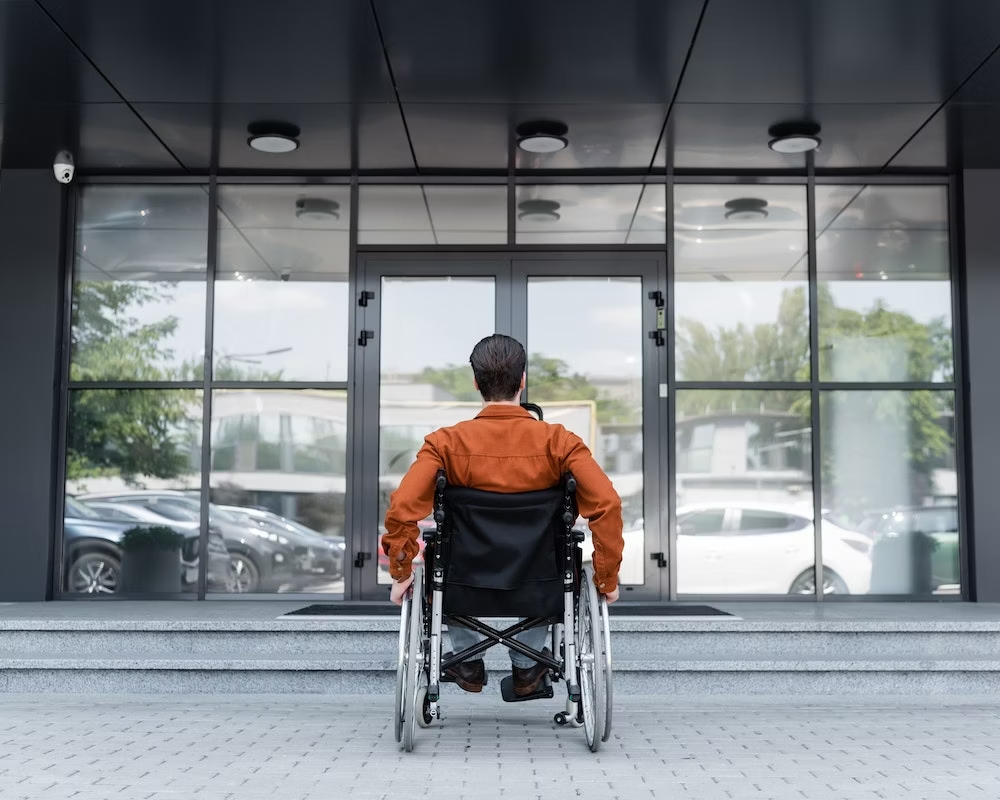NEW YORK POLICE BRUTALITY, POLICE MISCONDUCT AND UNJUST CONVICTION ATTORNEYS
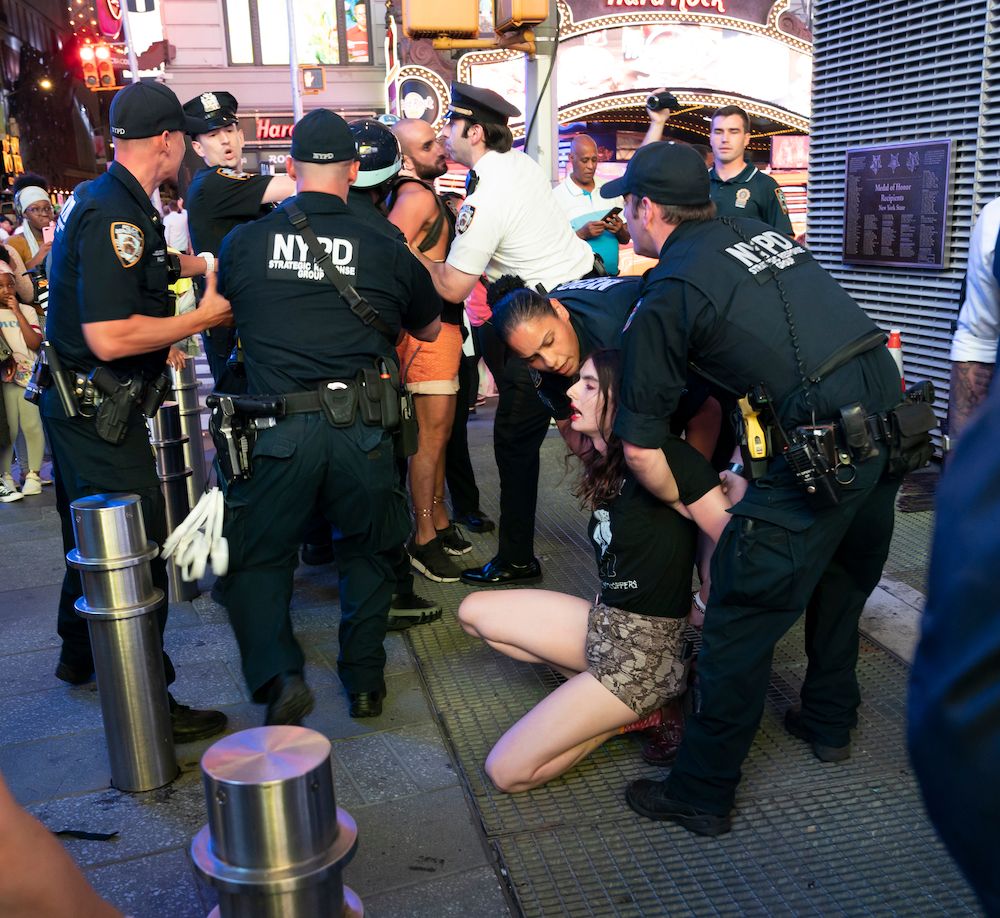
CALL US:
NEW YORK CITY: 212-858-0503
WESTCHESTER: 914-574-8330
TYPES OF CASES OUR NYC CIVIL RIGHTS LAWYERS HANDLE
OUR POLICE MISCONDUCT LAWYERS ARE ON YOUR SIDE
Injustice Everywhere is a Threat To Justice Everywhere
HIGHLY EXPERIENCED CIVIL RIGHTS LAWYERS
IF YOUR CIVIL RIGHTS WERE VIOLATED-
CALL US FOR A FREE CONSULTATION
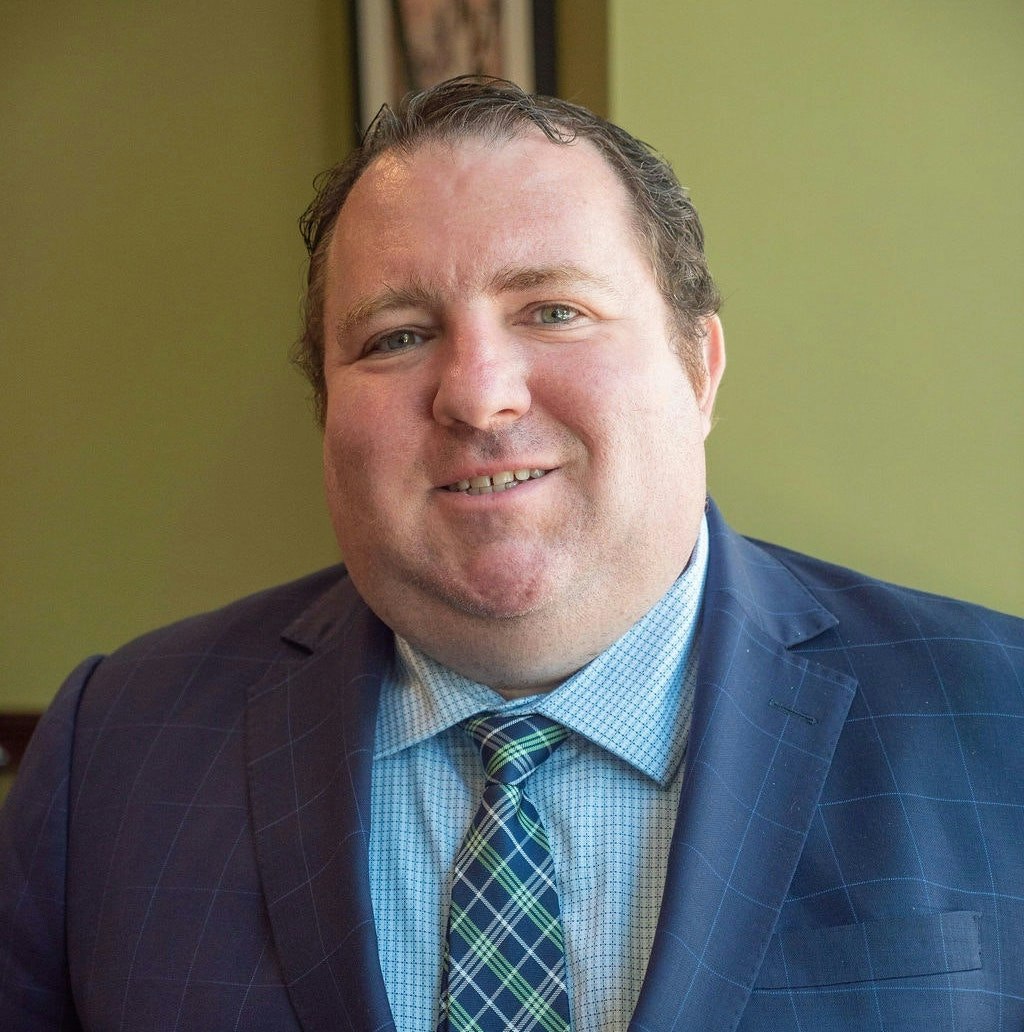

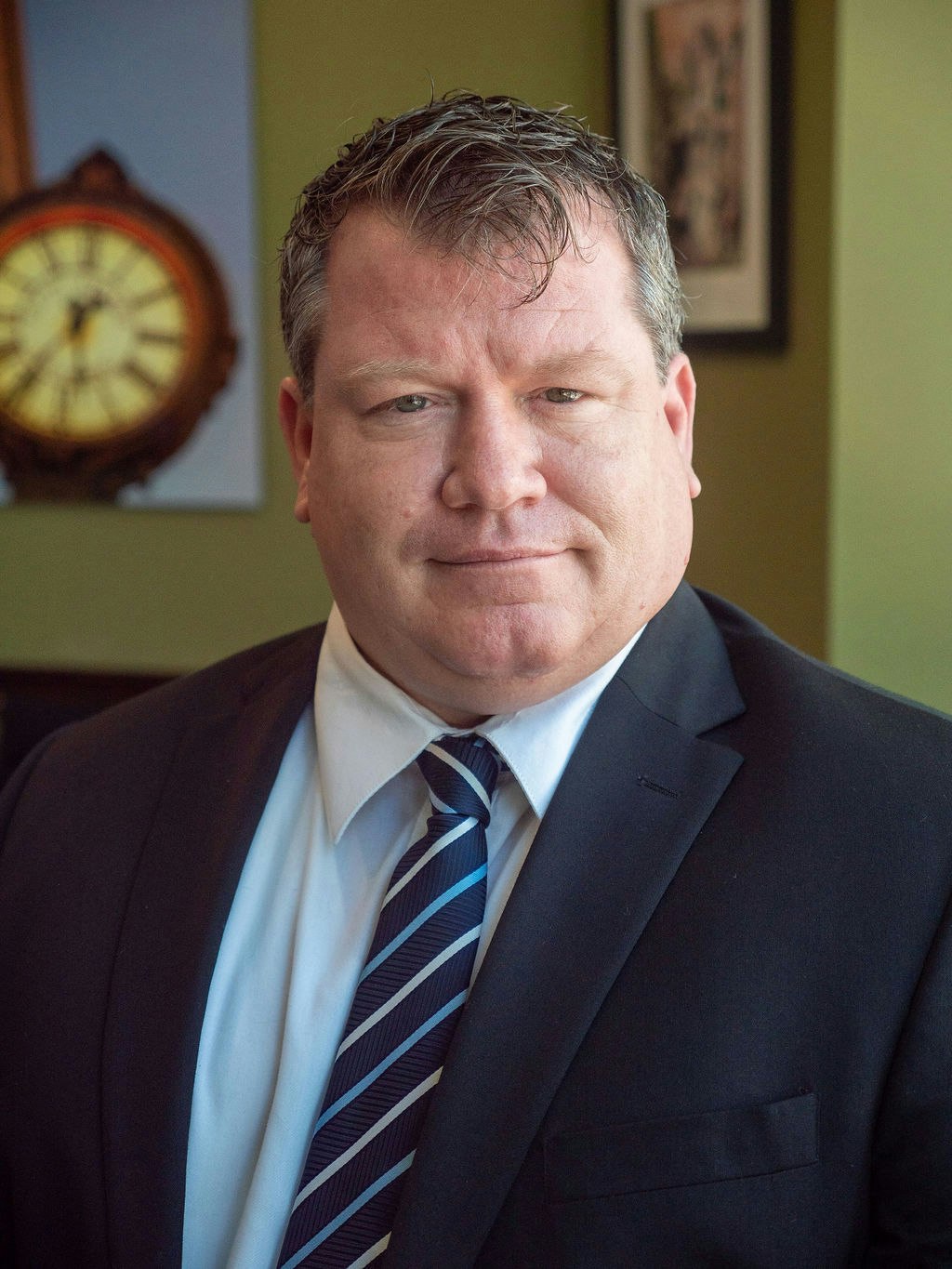
If you were harmed because of the improper actions of the police or other government officials, the law allows you to seek compensation for what happened to you. Our New York civil rights attorneys are committed to make sure that those who abuse their power are held accountable and that victims of police or other governmental misconduct are properly compensated. Whether you were the victim of police brutality, false arrest, malicious prosecution or were wrongfully convicted, our NYC police misconduct attorneys can help.
WHAT SETS US APART
Our New York City police misconduct lawyers are highly experienced trial attorneys who regularly handle police brutality, false arrest, malicious prosecution, wrongful conviction and police misconduct cases in New York City, including Manhattan, the Bronx, Queens, Brooklyn and Westchester County, including White Plains, Yonkers, Rye, Mount Kisco and Rockland County.
As an experienced New York criminal defense lawyer and civil rights lawyer, Michael Joseph has successfully defended criminal cases in which the accused was the victim of wrongful and false arrest and malicious prosecution in New York City and Westchester. Our New York police misconduct lawyers experienced in handling false arrest and malicious prosecution cases where the police use excessive force and assaulted civilians and then fabricate evidence to justify the use of force and assault. If you were falsely arrested and the police are lying to cover up the fact that they beat you up, call our NYC wrongful arrest, false arrest and malicious prosecution lawyers.
A few of the areas which our New York civil right lawyers have experience are as follows.
We Can Handle Police Brutality Cases
POLICE BRUTALITY AND EXCESSIVE FORCE
Our New York City and Westchester police brutality lawyers know that the police are only allowed to use the amount of force which is necessary to make an arrest. If the police continue to use force after an arrestee surrendered or used gratuitous force when none was necessary and caused an arrestee to suffer a personal injury, our New York police brutality lawyers can help.
Our New York City police brutality attorneys have handled numerous cases of excessive force in New York City and Westchester. Every citizen has the right under the United States Constitution to not be beaten or subjected to excessive force by police officers during an arrest.
Generally, police officer must use only the amount of force which is reasonable to subdue a suspect. Often in the arrest context, police officers in New York, will use more force than necessary or use force when none is necessary. If the person being arrested is not resisting, then the officer is not entitled to use any force.
Our New York City and Westchester police brutality lawyers are aggressive in finding witnesses, documenting injuries and mechanisms of injury to expose the lies. Our attorneys are aggressive in securing video evidence to demonstrate what really happened. While most jurors are inclined to believe police officer, where there is video evidence that show they are lying, our police misconduct attorneys make every effort to get the video evidence. Our New York police brutality lawyers have handled numerous cases of unjustified use of mace, pepper spray and beating a suspect who was handcuffed.
Our New York false arrest lawyers have handled many false arrest cases. One of the most frequent questions that our Westchester and NYC police misconduct attorneys are asked is can you sue for a wrongful arrest or a false arrest. Under the United States Constitution and the New York Constitution, the police may not arrest a person without probable cause for such the arrest. This means that a police officer must have information that would lead a reasonable person who possesses the same official expertise as the officer to conclude that the person being arrested has committed or is about to commit a crime, whether in the police officer’s presence or otherwise. If the police lied or misrepresented what happened to justify an arrest, you can sue for false arrest. Our New York City false arrest lawyers know that particularized probable cause is required, which is why stop and frisk is illegal.
If you were falsely arrested, you are entitled to recover compensation for the experience and time you spent incarcerated.
WRONGFUL CONVICTION

If your conviction was vacated or reversed and you served prison time, even though you were actually innocent of the crime for which you were prosecuted, then you may be entitled to compensation. New York has set up a compensation program under section 8B of the Court of Claims Act, in which the State will compensate innocent people who were wrongfully incarcerated or imprisoned, if their conviction was vacated. Our New York attorneys who represent exonerees know the damage that being wrongfully incarcerated does to a person's life. You can seek compensation for wrongful incarceration in the New York Court of Claims and sue those responsible in the New York State and Federal Courts for malicious prosecution at the same time. If you spent time in jail for a crime that you did not commit and were exonerated, call our New York wrongful incarceration attorneys.

TIME LIMITS TO FILE WITH THE COURT OF CLAIMS
These claims have strict deadlines and require that a Notice of Intention to File a Claim be filed with the Attorney General's office within 90 days of the person's release from incarceration, then a claim must be filed within two years of the release. If you have an 8b claim, do not wait until the last minute, because the claim requires that you submit evidentiary evidence with your claim, which can take a significant amount of time to properly prepare.

THE BURDEN OF PROOF
A Claimant seeking compensation for an unjust conviction under Section 8-b of the Court of Claims Act (“Section 8-b”) must prove by “clear and convincing” evidence that: (a) he or she was convicted of a felony, sentenced to a term of imprisonment, and has served all or part of that sentence; (b) that his or her conviction was reversed or vacated on a ground set forth in CPL 440.10 or 470.20; (c) he or she did not commit the acts charged in the accusatory instrument; and (d) he or she did not, by his own conduct, cause or bring about his conviction.

THE CONVICTION MUST BE VACATED
To present an for unjust conviction and imprisonment claim, the exoneree must establish by documentary evidence that (i) he has been pardoned upon the ground of innocence of the crime or crimes for which he was sentenced and which are the grounds for the complaint; or (ii) his judgment of conviction was reversed or vacated, and the accusatory instrument dismissed or, if a new trial was ordered, either he was found not guilty at the new trial or he was not retried and the accusatory instrument dismissed.

WHAT INFORMATION HAS TO BE IN THE CLAIM
The pleading requirements are stringent in a claim for unjust conviction. The claim must state facts in sufficient detail to permit the court to find that claimant is likely to succeed at trial in proving that (a) he did not commit any of the acts charged in the accusatory instrument or his acts or omissions charged in the accusatory instrument did not constitute a felony or misdemeanor against the state, and (b) he did not by his own conduct cause or bring about his conviction.
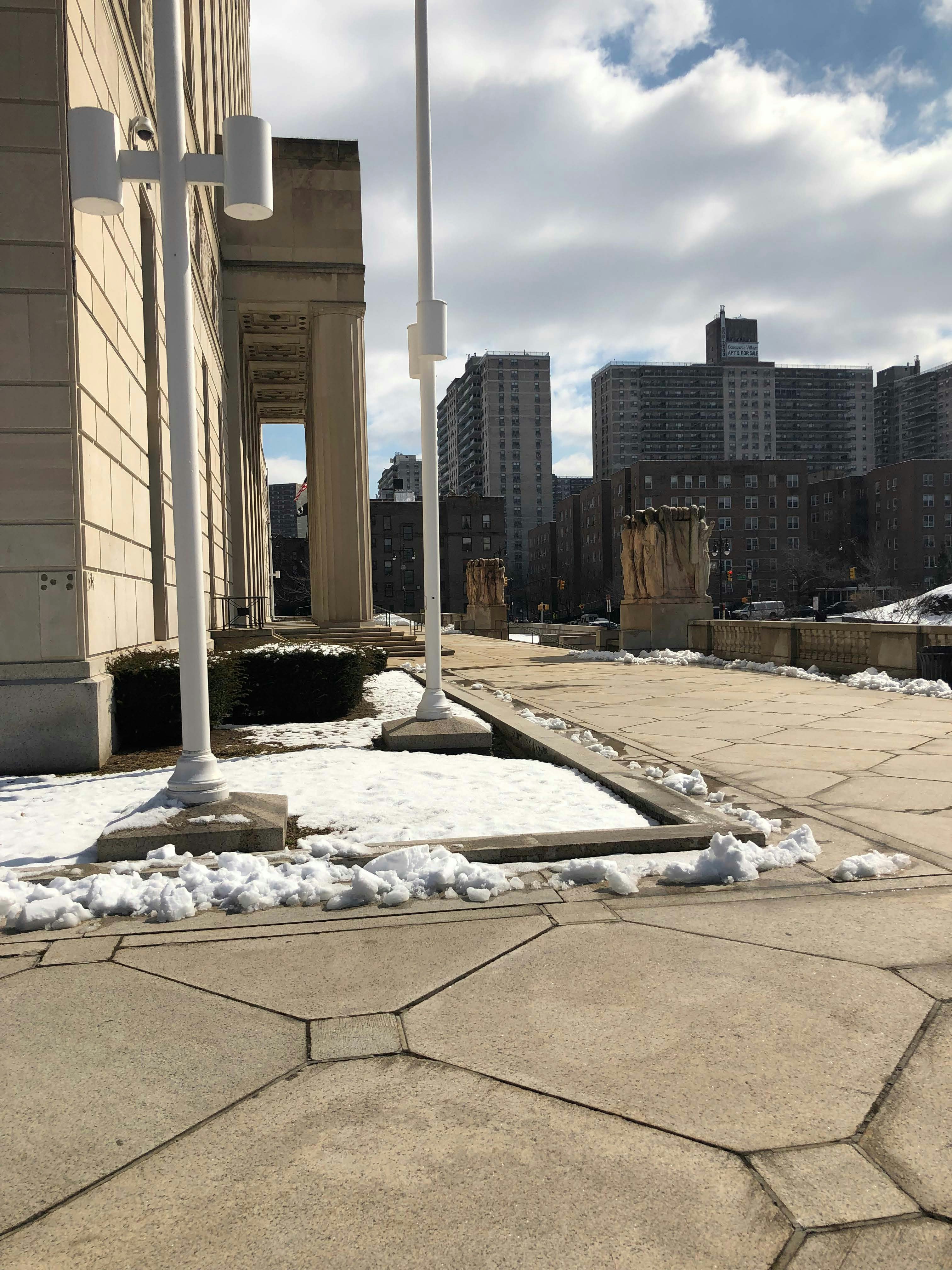
THE LEGAL REQUIREMENTS OF THE CLAIM
The claim shall be verified by the claimant. If the court finds after reading the claim that claimant is not likely to succeed at trial, it shall dismiss the claim, either on its own motion or on the motion of the state. This means that even cases with merit can be dismissed if they are not drafted correctly. So if you have an unjust conviction claim, consult with our New York unjust conviction lawyers so your case gets presented correctly.
NEW YORK CITY MALICIOUS PROSECUTION LAWYERS OUR ATTORNEYS ARE THE LEADERS IN THE FIELD

Our New York City malicious prosecution attorneys know that a baseless prosecution can ruin a person's life. An unfounded prosecution is like a cloud that hangs over a person for the rest of their life and can cause irreparable damage to a person's reputation and career. Too often even a criminal accusation is treated as if it were true, even if it was baseless. To prove a malicious prosecution case, you have to prove that the defendant initiated and continued a prosecution without probable cause to believe that the prosecution could succeed and the prosecution was resolved in your favor. If you were maliciously prosecuted in New York City, Westchester or Rockland, call our New York malicious prosecution attorneys for a free consultation.
Our New York malicious prosecution attorneys are among some of the most experienced civil rights attorneys in New York State and Westchester County. Our malicious prosecution lawyers have handed several high profile false arrest and malicious prosecution cases for exonerees, doctors, professionals and even police officers who were maliciously prosecuted. Our New York malicious prosecution attorneys have been active in the State and Federal Courts in moving the law forward in a positive decision. We have successfully argued before the United States Second Circuit Court of Appeals and expanded the law to recognize different circumstances under which a malicious prosecution claim can be presented.
New York State recognizes a cause of action for malicious prosecution and under Federal Law, 42 U.S.C. 1983, a person who has been maliciously prosecuted for being deprived of their civil liberties, including the right not to be subjected to a malicious prosecution. To win a malicious prosecution case, the Plaintiff has to prove that the defendant, usually a police officer or detective, initiated a prosecution or continued a prosecution when they knew it was baseless, that there was a lack of probable cause to believe that the prosecution could succeed, that the prosecution terminated in your favor and that there was malice.
LACK OF PROBABLE CAUSE
In order to prove a malicious prosecution case you have to prove there was a lack of probable cause. To prove there was no probable cause, a Plaintiff has to show that the evidence which the police asserted established probable cause was fabricated or that they withheld information that was favorable and vitiated probable cause. Where there is a civilian complaining witness or confidential informant, you have to show the police knew the witness was not credible. The probable cause standard in a malicious prosecution case is different than the lack of probable cause standard in a false arrest case. For false arrest, you need to prove there was no probable cause at all for the arrest, however in the malicious prosecution context, there has to be probable cause for each offense charged, so when an officer adds a more serious charge, to a valid lesser charge, they can still be sued for malicious prosecution.Our New York malicious prosecution attorneys are meticulous in analyzing evidence that was used in a prosecution and proving that probable cause was lacking.
FAVORABLE TERMINATION
Thanks to a 2022 United States Supreme Court decision, the definition of favorable termination is now more broad. To establish a favorable termination, the requirement is that the prosecution is at an end and did not result in a conviction. While prior to 2022, the standard in New York was that the conviction was not inconsistent with innocence and the Second Circuit required that a case end in a manner that was indicative of innocence, this new rule is far more advantageous to clients. So if you case was abandoned by the prosecution, dismissed in the interest of justice or even dismissed for facial insufficiency, you may be able to now sue.
DUE PROCESS VIOLATIONS
If The Police Lied Or Hid Evidence
You Have a Case

THE DUE PROCESS CLAUSE
DID YOU SPEND TIME IN JAIL FOR A CRIME THAT YOU DID NOT COMMIT
BECAUSE OF FALSE EVIDENCE OR SUPPRESSION OF EVIDENCE

The Due Process clause allows people to sue if their rights to Due Process were violated. In this context, the Courts have recognized that if the police fabricate evidence, or withhold or suppress evidence that is favorable to some one who is accused of a crime, that is sufficient to establish a violation of the Due Process Clause. The Due Process clause does not have a favorable termination requirement, so you can sue under the Due Process Clause even if you received a dismissal based upon facial sufficiency or some other dismissal that does not qualify for a malicous prosecution case. But obviously, if you were convicted you cannot sue, unless the conviction was overturned or vacated. One of the most important principles in our criminal system is that the process must be fair. If you faced a criminal prosecution and were playing into a stacked deck, then your Due Process rights may have been violated and you can sue.
UNREASONABLE DELAY - WITHHOLDING OF FAVORABLE INFORMATION
The Due Process clause allows a person who was incarcerated while waiting for trial, to sue, if the police were in possession of evidence that showed the accused was actually innocent. This is often referred to as a Russo Claim. The most common example of a Russo Claim or a Due Process claim based upon prolonged detention occurs when the police have video evidence or forensic evidence which shows that someone else committed the crime, and exonerates the accused and where they fail to disclose it to the prosecutor.
FABRICATION OF EVIDENCE
If the police falsely attributed a statement to you that you did not make, or planted evidence or coached witness to make false allegations against you, then you have a case. Often time, police officers have a suspicion that a person is guilty, but don't have the evidence, so often they fudge evidence to get the person they think is guilty. The problem is that their hunches are often wrong and they violate the Due Process rights and innocent people sit in jail for crimes they did not commit. If you were prosecuted based upon fabricated evidence or because favorable evidence was withheld, call our New York City police misconduct attorneys today.

UNLAWFUL STRIP SEARCHES
Contrary to what the police believe, they are not allowed to strip search everyone they arrest, nor can they conduct a strip search because they have a hunch that someone has drugs on them. Our police misconduct lawyers know that officers go to far and often strip search arrestees without legal justification. Sometimes, they are overzealous, sometimes they do it to humiliate the arrestee or to fulfill their own sexual gratification. New York law, as well as the Constitution recognize that the police may not strip search everyone they arrest. Even if someone was arrested for drugs or weapons, that is not an automatic justification for a strip search. A strip search or body cavity search requires particularized suspicion that an arrestee is hiding drugs, weapons or contraband under their clothing. If you have been unlawfully strip searched by the police, call our New York police misconduct attorneys.
EXCESSIVE DETENTION

WERE YOU HELD BEYOND YOUR SENTENCE
If you were held by a correctional facility, such as a county jail or a state prison, for longer than you were sentenced, then you may be entitled to compensation. It is not uncommon for correctional facilities to hold people beyond their release dates due to oversights, misapplication of credits such as good time credits or other errors. If you were held in prison for longer than you were sentenced to, then you may be entitled to compensation. Our New York wrongful incarceration attorneys have the experience necessary to win these cases.

CASES AGAINST PRIVATE PERSONS AND COMPANIES
If you were arrested because someone lied and falsely claimed that you committed a crime, you may be able to sue the person that knowingly made a false accusation. The police are not always liable if you were arrested for something that you did not do, especially in cases where they relied upon an accusation that they did not know was false. In these types of cases, the police may not be liable, but our NYC false arrest lawyers know that New York law allows a false arrest or malicious prosecution case to be brought against anyone who knowingly made a false accusation. Common examples include store employees falsely accusing people of shoplifting, especially where the video evidence shows that no crime was committed. Other examples include work place disputes where fellow employees or supervisors claim that an employee committed a crime as retribution.
HOW MUCH CAN I SUE FOR
One of the most frequent questions that our NYC false arrest and malicious prosecution lawyers are asked is how much can I sue for false arrest? The answer is it depends. False arrest, by itself only covers the time period up until you are arranged. So you are entitled to monetary damages for whatever period of time that you were confined. If you were just detained, and then released you can sue for the annoyance and embarrassment for that time period. However, if you were arrested and spent the weekend in jail, waiting to see the Judge, obviously you are entitled to much more significant damages. If the police acted improperly and made up a reason to arrest you, then you can also recover punitive damages.
To recover for damage caused by a prosecution, you need to sue for malicious prosecution or for civil rights violations under the Due Process clause of the United States Prosecution. Our NYC and Westchester false arrest and malicious prosecution attorneys have won million dollar awards in these cases, because the damages for malicious prosecution can be much more significant. They can include loss of a job or career because of a wrongful prosecution, the attorneys fees which you spent to defend the criminal case, money for emotional pain and suffering including anxiety and depression, as well as compensation for any time you spent in prison.
For an excessive force or police brutality case, you are entitled to sue for compensation for your injuries and the amount that you can receive depends on the nature and extent of your injuries. You can also sue for lost earnings or a lost earning capacity if your injuries prevent you from being able to do your normal job.
To discuss the value of your false arrest, malicious prosecution or excessive force case, call our New York police misconduct lawyers today.
SCHEDULE AN APPOINTMENT TO MEET WITH OUR NYC
POLICE MISCONDUCT ATTORNEYS
WE HAVE OFFICES IN MIDTOWN MANHATTAN AND WESTCHESTER
OUR MANHATTAN OFFICE

18 West 33rd Street, Suite 400
New York, N.Y. 10001
Tel: 212-858-0503
OUR WHITE PLAINS OFFICE
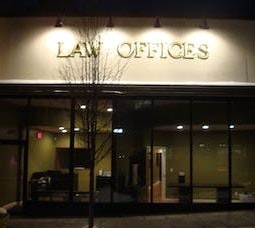
203 East Post Road
White Plains, N.Y. 10601
Tel: 914-574-8330




